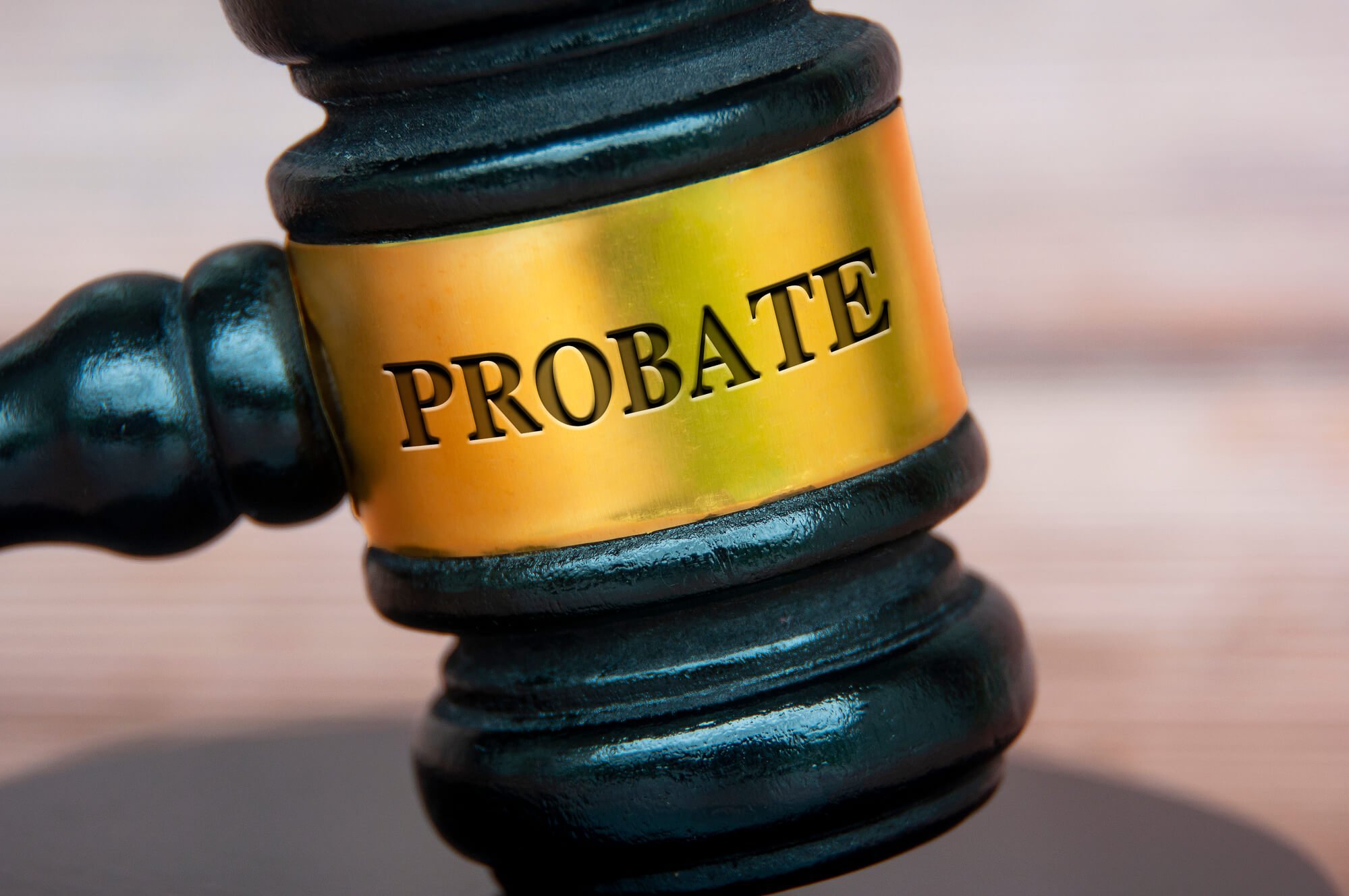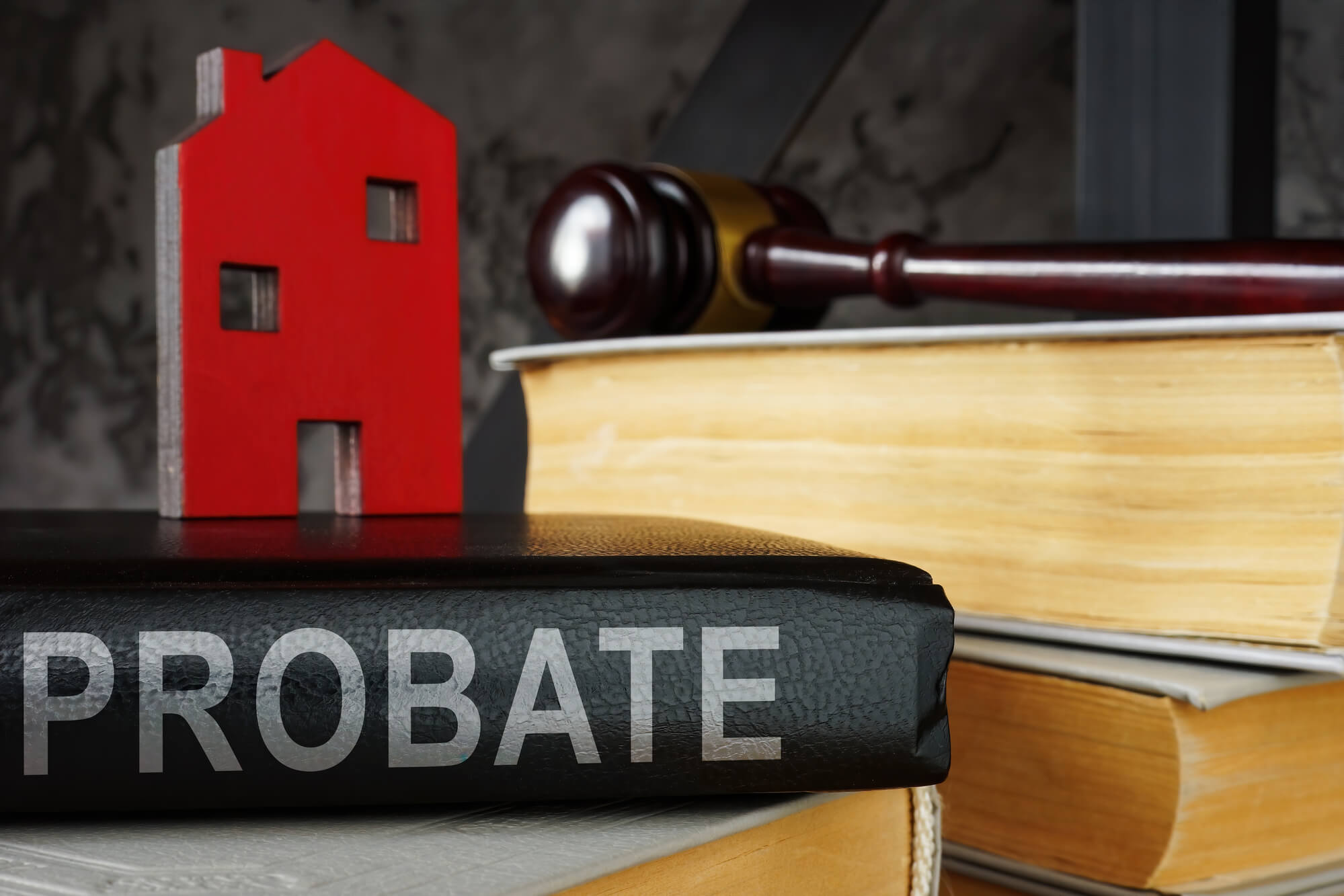Generally, probate is often required to settle a deceased person’s estate, especially where the deceased left property behind. However, in some cases, certain organizations, like the bank holding the deceased’s financial assets, the insurance company, or the pension provider, may request a grant of probate before releasing these funds to the beneficiary. The reason is to ensure they are dealing with the proper beneficiary of the deceased’s estate, with legal authority to act. Thus, probate is sometimes required where there is no property.

Instances Probate is Required Without a Property
Below are four instances you need probate if there is no property:
1. In The Case of Cash Assets
As stated above, cash assets include funds in the deceased’s bank account, pension funds, insurance, and other financial assets. Nowadays, most people prefer to put their money in these cash assets for security reasons and guaranteed returns.
But after the account holder’s death, an executor or beneficiary will have to close down these accounts. At that point, each financial institution will present its requirements for closing the accounts, which may vary.

Probate may be required on accounts exceeding specific amounts. For some, it may be as low as £5000, while others may demand probate only for accounts exceeding £25,000 or more.
Sometimes the deceased person may not leave physical cash but has shareholdings in their name. Upon their death, it may be necessary to transfer these shares to new owners or sell them off, and the proceeds distributed to the beneficiaries.
Whatever the case, the executor may need to present a Grant of Probate to the share registrar before dealing with these shares. This requirement applies even where the shares are seemingly small and insignificant.
However, in some cases, the executor may avoid the probate requirement. But, this can only occur where there is proof that probate is not required to settle the rest of the deceased’s estate. It typically applies when the estate value is below £30,000.

3. The Deceased’s Interest in Another Estate
Sometimes, the deceased can be a beneficiary of another estate before passing. In that case, the responsibility of collecting the deceased’s inheritance falls on the executor of the deceased’s estate.
Such a person may need to present a grant of probate to the executors of the first estate — where the deceased is a beneficiary — before collecting the deceased’s inheritance.
4. Intestate Situations

Whenever a person dies without leaving a will, such a person dies intestate, and the implication is that their family members cannot split their assets in line with any will.
Instead, relevant inheritance laws, especially the rules of intestacy, will take over to govern the proper division of the deceased’s estate. These rules of intestacy guide the appointment of an administrator to oversee the equitable distribution of the deceased’s assets.
Such a person is responsible for applying for a grant of probate, allowing them to act over the deceased’s estate without obstruction.
Conclusion
There are many instances where probate is needed to facilitate the administration of a deceased’s estate, some of which are highlighted above. These include where the deceased left cash in the bank or company shareholdings. However, understanding these principles can be confusing, and it is advisable to seek professional advice on when it is best to apply for a grant of probate. Clearance Solutions will be glad to provide further clarifications if need be.











